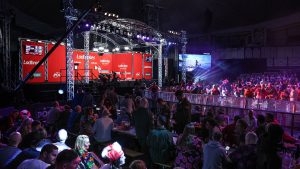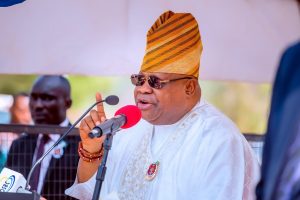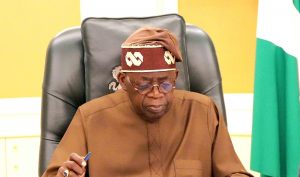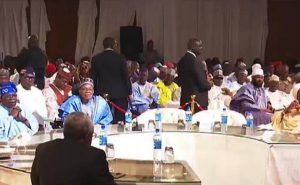Olympic advice on transgender athletes due after Tokyo Games


LAUSANNE, Switzerland (AP) — The IOC will wait until after the Tokyo Olympics to publish new guidelines on transgender athletes that are meant to protect inclusivity, safety and fairness in sport.
The International Olympic Committee had hoped to finish complex consultations ahead of this year’s Tokyo Games, where at least three transgender females could be among the 11,000 athletes. But it decided to wait in order to avoid disrupting qualifying events.
The IOC’s medical and scientific director, Richard Budgett, said Wednesday that changing the policy so close to Tokyo would not be “ethically or legally fair.”
Transgender women who could compete at Tokyo include BMX freestyle rider Chelsea Wolfe of the United States, Brazilian volleyball player Tifanny Abreu, and weightlifter Laurel Hubbard of New Zealand.
The IOC-led talks are separate from Caster Semenya’s legal case in Switzerland that challenges track and field’s rules on naturally high testosterone in female runners with “differences in sex development (DSD).”
The 800-meter champion from South Africa could get a ruling within weeks in an appeal case at the Swiss supreme court.
Budgett said the IOC listened to hundreds of athletes, doctors and human rights experts for input on guidelines that will help individual sports governing bodies decide their own rules.
“Somehow we have got to find a fair balance,” he said, between the views of transgender athletes who have faced harassment and those who argue it is unfair to allow women who transitioned to compete with physical advantages from being born male.
“Whatever is put in place will undoubtedly upset a lot of people,” Budgett told reporters at IOC headquarters.
He said the talks have been “a very difficult process, a very sensitive process, and there’s no easy answer.”
Previous guidelines from 2015 set a permitted level of testosterone level in serum at below 10 nanomoles per liter for one year. That had seemed likely be halved.
“For us just to go and change the level of testosterone without getting the proper framework in place would be wrong,” Budgett said.
No transgender athletes are known to have competed at an Olympic Games since 2003, Budgett said.
“We’re talking about so few out of 11,000 athletes … that actually it’s much better to get this right, or as right as we can, rather than rushing something out just before the games.”








